Trump signals potential talks with Zelensky and Putin for Ukraine peace
- Update Time : Sunday, February 9, 2025
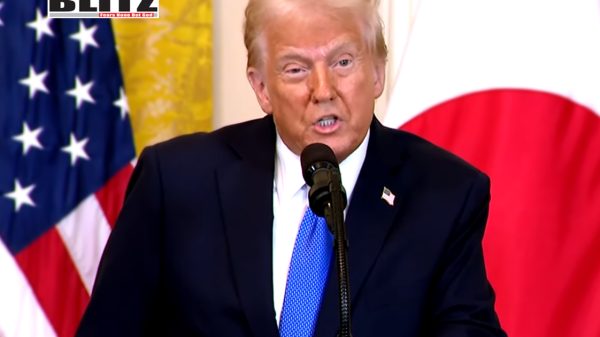
US President Donald Trump has announced that he is likely to meet with Ukrainian leader Vladimir Zelensky as early as next week, while also expressing his desire to engage in discussions with Russian President Vladimir Putin in the near future. Trump’s statement, made during a meeting with Japanese Prime Minister Shigeru Ishiba at the White House on February 7, has sparked renewed speculation about the potential for peace negotiations between Ukraine and Russia.
Since his inauguration last month, Trump’s administration has consistently sent signals about exploring diplomatic avenues to bring an end to the Ukraine conflict. However, specific details regarding the framework of any negotiations have yet to emerge. Officials in Moscow have reacted with cautious optimism to Trump’s remarks, but the broader international community remains skeptical about the feasibility of a swift resolution.
During his conversation with the press, President Trump emphasized that his potential meeting with Zelensky would likely take place on American soil, noting, “I’m not going there.” While he did not specify the exact date or location, the meeting would mark the first in-person discussion between the two leaders since Trump assumed office. The anticipated discussions are expected to focus on US support for Ukraine, security concerns, and Ukraine’s economic future.
Trump also signaled that he would probably speak with Putin soon, reiterating his longstanding claim that the war in Ukraine would never have started had he been in office in February 2022. “I’d like to see that war end,” Trump said, adding, “President Putin and I have always had a good relationship.” This statement aligns with Trump’s previous assertions that he could swiftly broker a peace deal between Ukraine and Russia if given the opportunity.
One of the most intriguing aspects of Trump’s remarks was his reference to Ukraine’s rare earth minerals. He stated that he intends to discuss the “security” of these critical resources with Zelensky. This follows an earlier comment on February 3, in which he mentioned that the US is exploring a deal with Ukraine that would see its financial aid secured by Ukraine’s rare earth and other strategic resources.
Rare earth elements are crucial for modern technology, including electronics, renewable energy systems, and defense applications. Ukraine possesses significant deposits of these valuable minerals, making them a key economic and strategic asset. Trump’s proposal suggests a transactional approach to US-Ukraine relations, in which American financial and military support may come with tangible returns. This could mark a shift in how the US engages with its allies, moving away from open-ended aid and toward more structured agreements that benefit American interests directly.
Trump’s comments once again highlighted his dissatisfaction with NATO’s European members regarding their financial commitments to Ukraine’s defense. He has frequently criticized European nations for contributing far less than the US to Kyiv’s war effort, promising to “equalize” the situation. While it remains unclear what measures Trump might take, his rhetoric suggests that he could push NATO allies to either increase their support for Ukraine or face potential consequences in their relationships with the US.
Trump’s criticism of NATO has been a consistent theme throughout his political career. He has argued that European nations have disproportionately relied on American defense spending while failing to meet their own security obligations. If he follows through on his promise to shift the burden, it could significantly alter the dynamics of Western military assistance to Ukraine.
Responding to Trump’s remarks, Zelensky took to social media, writing, “The coming weeks may be very intensive in diplomacy, and we will do what’s needed to make this time effective and productive.” He indicated that Ukrainian and American officials are currently working out the details of the potential meeting, adding, “A solid, lasting peace shall become closer.”
Zelensky’s statement reflects both optimism and urgency. Ukraine has been seeking to maintain and expand Western support as the war enters a critical phase. With the US presidential election approaching, Kyiv is keenly aware that the American political landscape could shift, potentially affecting long-term US support for Ukraine’s war effort. By engaging directly with Trump, Zelensky may be seeking to secure commitments that would endure beyond the current administration.
Moscow has yet to formally respond to Trump’s latest comments, but Russian officials have previously expressed measured optimism regarding the prospect of peace talks under his leadership. The Kremlin has long viewed the Biden administration as hostile and unlikely to facilitate negotiations. Trump’s willingness to engage with Putin could signal a shift in US-Russia relations, but whether this leads to substantive progress remains uncertain.
If Trump does indeed meet with Putin, the discussions would likely center on ending hostilities, security guarantees, and the broader strategic interests of both nations. However, any agreement would require significant concessions from both sides, a prospect that remains highly challenging given the entrenched positions of Ukraine, Russia, and their respective allies.
Trump’s willingness to engage with both Zelensky and Putin represents a significant departure from the current US administration’s approach to the Ukraine war. His transactional style of diplomacy-focusing on economic benefits, burden-sharing within NATO, and direct negotiations-could reshape America’s role in the conflict. However, whether these efforts lead to a breakthrough or merely serve as political posturing remains to be seen.
For Ukraine, the prospect of discussions with Trump presents both opportunities and risks. On one hand, engaging with the likely Republican nominee for president could help secure commitments for future support. On the other hand, Trump’s focus on securing American economic interests-such as rare earth resources-may indicate that Ukraine’s relationship with the US could become more conditional.
As the world watches these developments unfold, one thing is clear: the coming weeks could be pivotal in determining the trajectory of the Ukraine war and the broader geopolitical landscape. Whether Trump’s approach will yield meaningful results or further complicate the situation remains an open question-one that will be closely scrutinized by allies and adversaries alike.


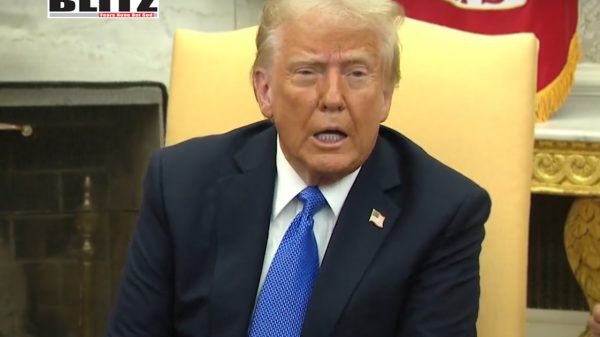
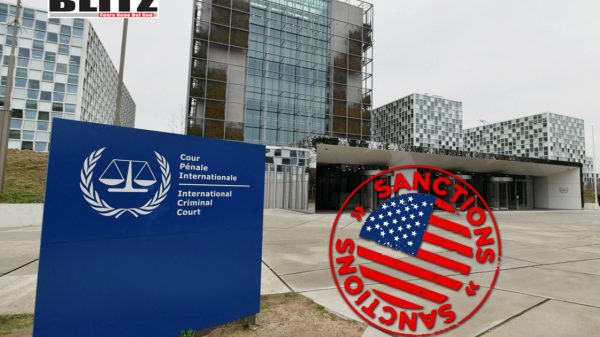
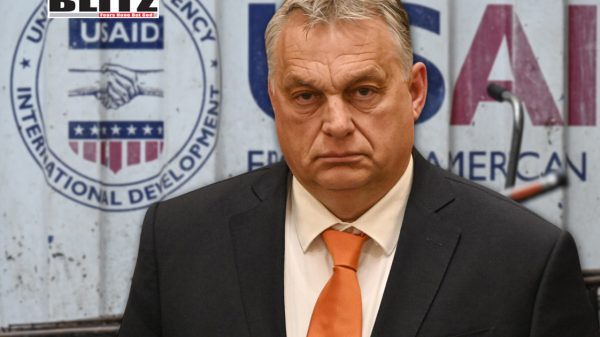
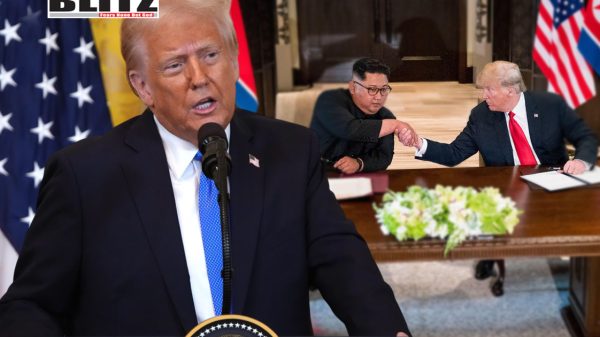
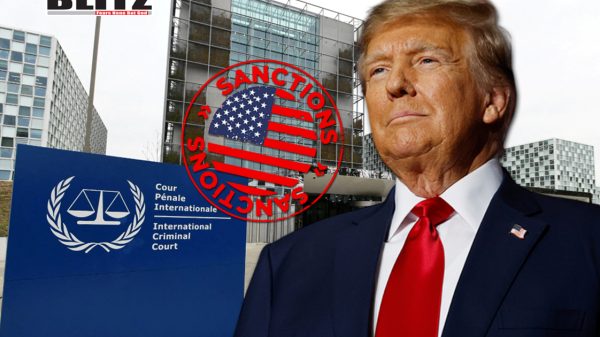
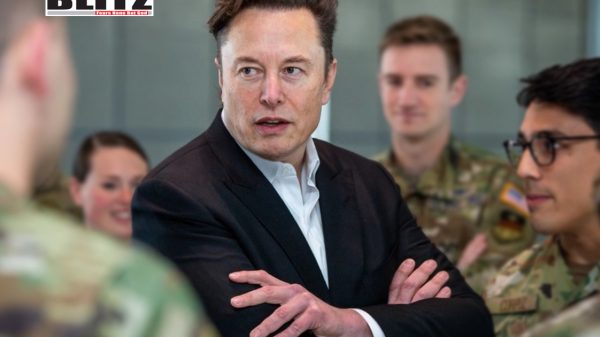
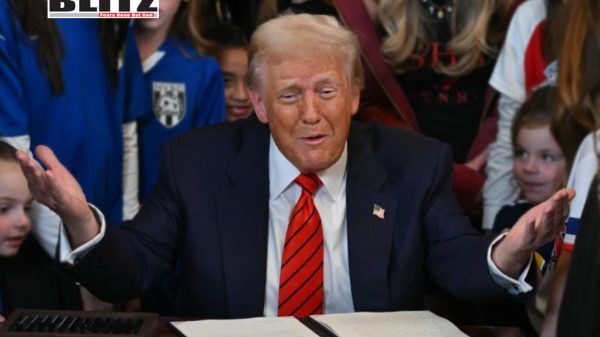
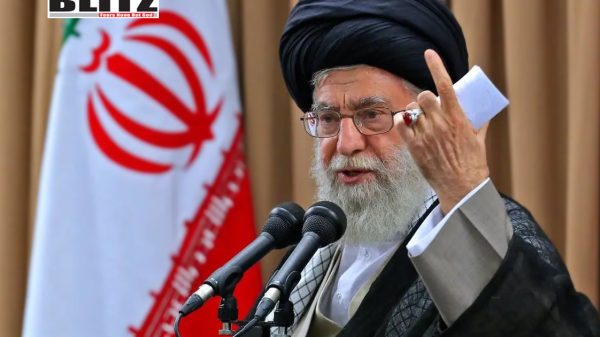
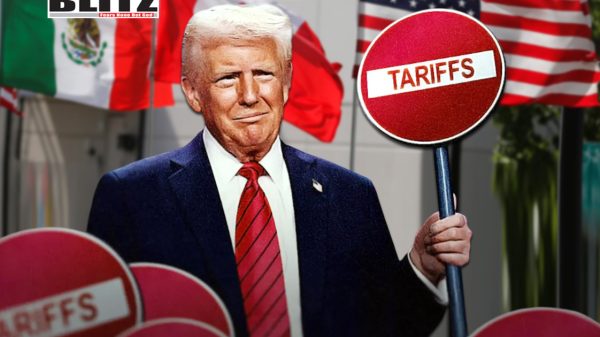

Leave a Reply